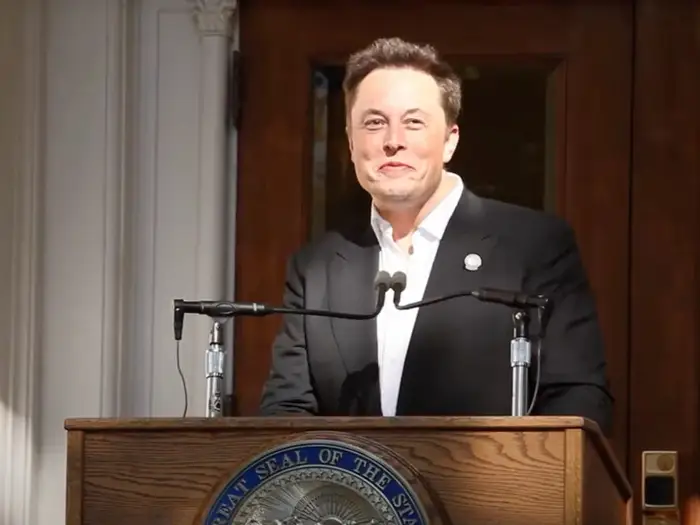In its legal battle with South African-born entrepreneur Elon Musk over his risky but ultimately unsuccessful attempt to acquire the digital behemoth for $44 billion, Twitter won a number of court triumphs. Twitter filed two requests for discovery in an attempt to pressure Musk to finish his takeover offer, and the Delaware Court of Chancery approved both on Tuesday. Chancellor Kathaleen S. McCormick issued the decision.
Twitter asked Musk along with the other accused in four different interrogatories to trace the origins of pertinent information, such as anybody with an understanding of or participation in critical problems or occurrences. These petitions were allowed by the court. According to Musk, Twitter’s inquiries were “overbroad” and “seeking information not related to the parties claims and defenses.”
The Tesla CEO also “self-limited” his answer to the 41 persons he claimed to know “uniquely” about the merger plan that has since been scrapped. Musk tried to exclude “friends and acquaintances” from the merger in back-and-forth briefings between the two parties because they “may have had fleeting discussions discussing Twitter or the Merger in broad terms.”
Since his side provided a wealth of text conversations, Musk also argued that any further material “would not be remotely appropriate to the demands of the case.” Twitter, however, said that Musk’s use of the term “unique information” was just a means of excluding some “advisers” to pertinent people and organizations, as well as “representatives of Musk who engaged in scrutiny meetings, other counselors or advisors to Musk, and other people and organizations with whom Mr. Musk talked about the purchase.”
McCormick agreed with Twitter by saying Musk couldn’t have that many pals, but even if he did, these stated responsibilities are irrelevant.
The court concluded that Musk’s concerns about breadth, burden, and proportionality “rang hollow, even given that Musk has numerous friends and family members.” “It is challenging to draw the conclusion that, for instance, forcing [Musk] to reply to a normal interrogatory naming people with information, even if those individuals have duplicate information, is inappropriate to the interests of any case, especially a case that involves a $44 billion transaction,” the author writes.
Additionally, the court allowed Twitter access to records of Musk’s correspondence with real and prospective co-investors.
Musk once again criticized the request as being too general and attempted to restrict answers. With regard to a prospective investment in Twitter, Musk tried to limit the list this time to “investors who completed commitment letters” and “persons who executed an NDA with Mr. Musk.” Only those two groups, according to Musk, will have “major, serious” conversations regarding the failed transaction.
In no clear terms, the court rejected that argument
According to Twitter, the defendants’ reasoning is flawed considering that Musk himself agreed to a $44 billion deal without first signing an NDA. Furthermore, considering that the defendants have only consented to examine the files of two custodians, the defendants’ burden arguments don’t make sense.
It is doubtful that the burden placed on the Defendants would be greater than that imposed on Twitter’s 42 custodians, even if they were to examine every document held by their two guardians from January 1 to the present. In any case, according to Delaware law, the party opposing on the basis of the burden must provide a detailed justification for their objection. In this case, the defendants have not.
On one request, Twitter received a flat-out refusal. The tech business objected to the court that Musk had not yet supplied nearly as many papers as they had, and requested that Musk deliver information promptly and in batches. McCormick rejected that attempt and accepted Musk’s lawyers’ assurances that they will adhere to the present deadline “at face value.”
Twitter’s other two motions were similarly turned down for the time being, but the court made it clear that depending on Musk’s continuous good conduct and the progress of the accelerated procedures, the concerns may and would be brought up again at a later time.
Notably, the court is extremely clear on Musk’s conduct with regard to discovery thus far: “It suffices to state that Defendants’ discovery conduct has been suboptimal.”
Once again, the viewpoint is in full
The majority of the defendants’ early objections seem to have been dropped. At this point, the court is prepared to give the Defendants credit for developing more acceptable backup positions rather than imposing the broad sanctions Twitter is seeking in response to the Defendants’ unjustified starting postures. In the event that the defendant’s conduct continues, Twitter may reissue its broad request.
Source: LawandCrime

